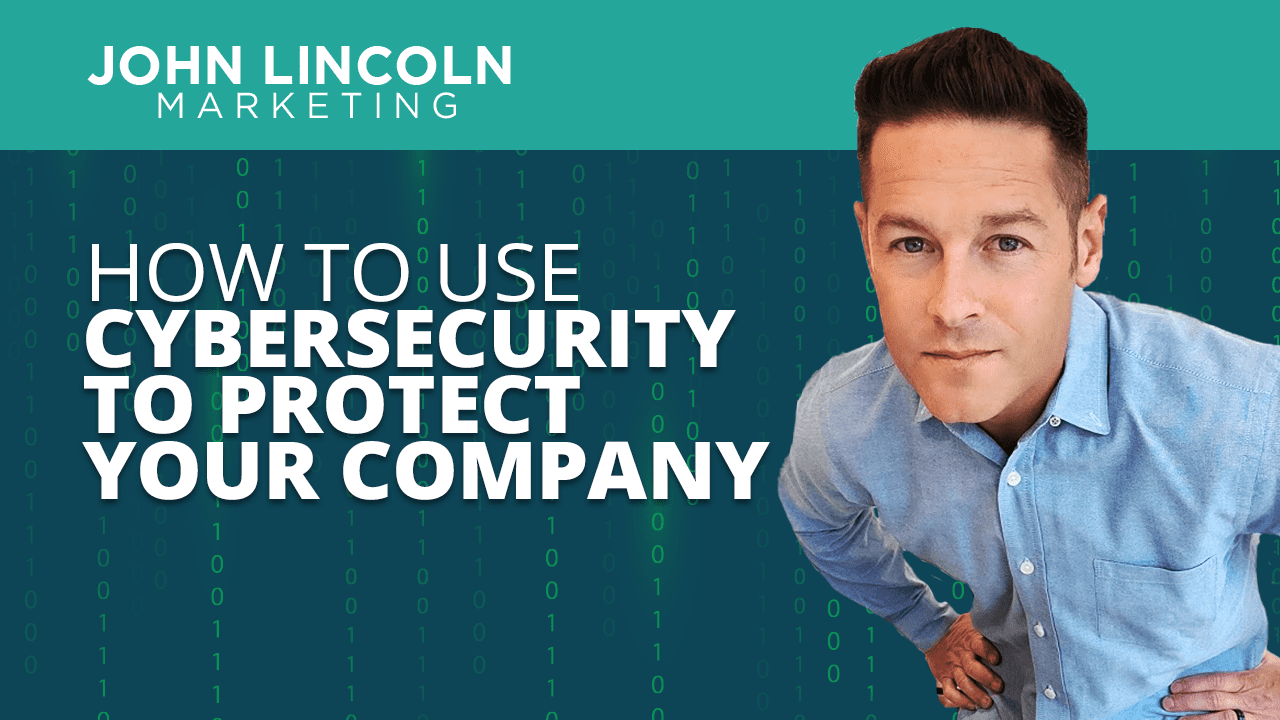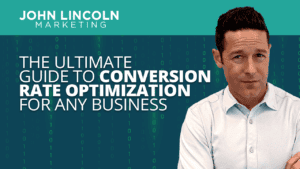How to Use Cybersecurity to Protect Your Company

It’s not just your own data that’s at risk, though. You could expose your clients to attacks as well.
Fortunately, you can harden your systems with good company security.
1. Email
Keep in mind: most hacks start with email. And not just by a slight majority.
Ninety-one percent of cybersecurity attacks start at the inbox.
For starters, make sure you send emails using encryption. What does encryption do? It prevents third parties from reading emails as they’re working their way through cyberspace.
But you also need to make email security part of the corporate culture. That comes with training.
Teach your team members how to spot phishing attacks.
If you’re unfamiliar with phishing attacks, they’re emails cleverly disguised to look like they come from a reputable source (such as Amazon or an HR rep at the company). Phishing emails usually include a call-to-action button.
When recipients click on that button, they might see a form that asks them for personal info or a credit card number.
Or clicking the button could run a program that gives hackers a way into the corporate system. That’s when things turn ugly.
So train your team members to recognize phishing attempts in email. That’s going to save you a lot of headaches down the road.
2. Malware
Malware is software that’s often used to gain unauthorized access to your computer. It can also access company resources.
Sometimes malware records and logs keystrokes. That’s how hackers discover passwords.
And in some cases, it can even appear as ransomware. The software encrypts a server’s data, and the company will have to pay the hackers a ransom to get it decrypted.
Since these types of “wares” often get introduced via email, it’s worth repeating that you should train your team members in how to recognize dubious emails.
But you should also install security systems on employee systems and servers. Both McAfee and Norton offer great options.
Those tools are great at identifying viruses and wares that somehow creep into your system. They’ll eliminate the offending software for you.
Just make sure you update your antivirus software regularly. That’s important to ensure you can catch the latest threats to your IT systems.
3. WordPress
Chances are pretty good that you’re using WordPress as your content management system (CMS). If so, you’ll need to pay close attention to security.
If you’re using outdated plugins that no longer offer new releases, you should probably dump those in favor of other plugins that offer the same features.
If you don’t, your site is subject to attacks.
Next, make sure you use a very sophisticated password for your admin login. Most hackers know the URL to login to your system. But they don’t know the password.
And while I’m on that subject, you should probably change the name of the admin account to something other than “admin.”
Additionally, make sure that you get a WordPress security plugin. It can help prevent the following types of attacks:
- Cross-site scripting – Injection attacks when hackers put malicious code on your site.
- Brute-force attacks – Attempts to gain authorized access by playing “guessing games” with passwords.
- SQL injections – Injection attacks where hackers literally store malicious code in your MySQL database.
You’ll probably also want to enlist the aid of a third-party service to prevent distributed denial of service (DDoS) attacks. Those are attacks that attempt to “clog up” your network by overwhelming network resources with countless connection attempts.
4. Social Media
Yep, you can open your company to attacks with social media as well.
Once again, training your employees is key. It’s often the case that the same temptations to click that your employees will see in their inboxes they’ll also see on social media posts.
Fortunately, accounts that try those tricks usually don’t last long.
But there’s another type of attack that can occur on social media. Hackers who gain access to your corporate account can post offensive content.
Give the password for your corporate account to as few people as possible. And when one of those folks leaves the company, change the password.
Wrapping It Up
If there’s a single takeaway you get from this article, it should be wrapped up in one word: training.
Make sure you train everybody at your company to spot sneaky attempts at getting into your IT systems. Also, appoint somebody as the designated authority on cybersecurity. That will be the employee that people talk to when they suspect threats.
And then harden your systems with state-of-the-art security software.
Welcome To John Lincoln Marketing
Welcome to John Lincoln’s personal website. On this website, we offer courses by John Lincoln, review software, publish articles and videos. You can also learn about John Lincoln’s books, films, book him to speak and contact him. John is directly associated with many of the businesses mentioned on this website and freely discloses this information.
About the Author

John Lincoln is CEO of Ignite Visibility, one of the top digital marketing agencies in the nation. Ignite Visibility is a 4x Inc. 5,000 company. Ignite Visibility offers a unique digital marketing program tied directly to ROI with a focus on using SEO, social media, paid media, CRO, email, Amazon and PR to achieve results. Outside of Ignite Visibility, Lincoln is a frequent speaker and author of the books “Digital Influencer” and “The Forecaster Method.” Lincoln is consistently named one of the top digital marketers in the industry and was the recipient of the coveted Search Engine Land “Search Marketer of The Year” award. Lincoln has taught digital marketing and Web Analytics at the University of California San Diego since 2010, has been named as one of San Diego’s most admired CEO’s and a top business leader under 40. Lincoln has also made “SEO: The Movie” and “Social Media Marketing: The Movie.” His business mission is to help others through digital marketing.
Get Social
Recent Tweets
Contact John Lincoln
Want to get in touch with John Lincoln? Click Here To Reach Out.
Related Posts

Top 16 Questions to Ask a PPC Company in 2024
In 2024, choosing the right PPC company is not just about spending your advertising budget. You want to make every cent count towards your business

The Ultimate Guide to Conversion Rate Optimization for Any Business
Whether you’re a seasoned marketer or just starting out, conversion rate optimization (CRO) is a powerful tool that can boost your sales, leads, and overall

16 Questions to Help You Choose an SEO Company
Feeling overwhelmed by the sea of SEO companies out there? You’re not alone! Choosing the right partner is crucial for achieving your online marketing

